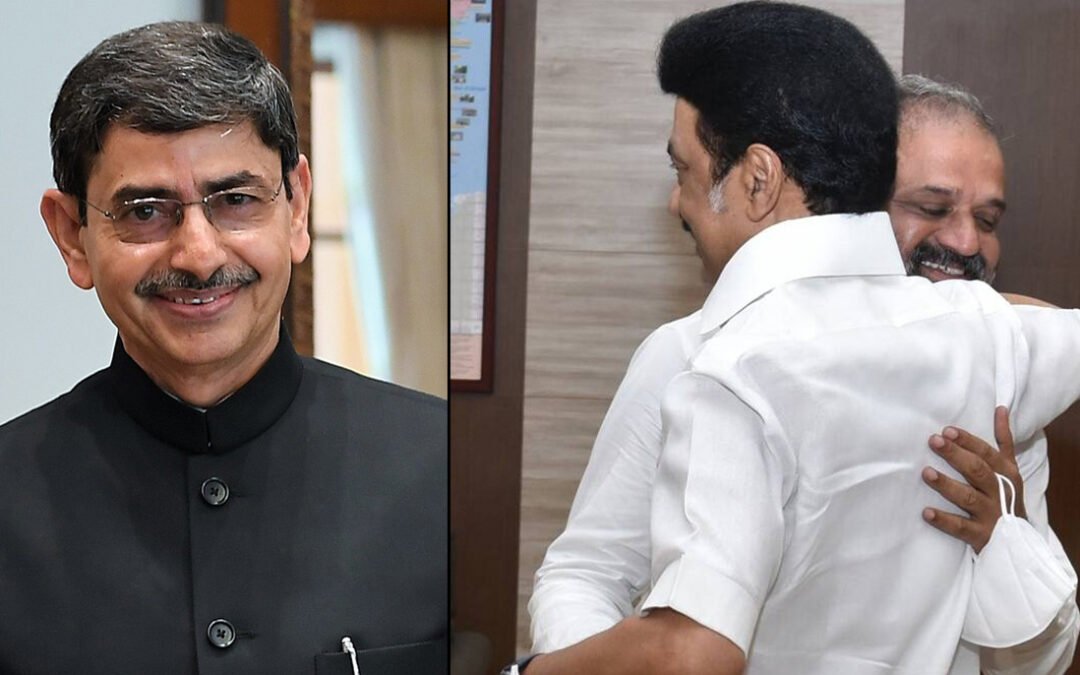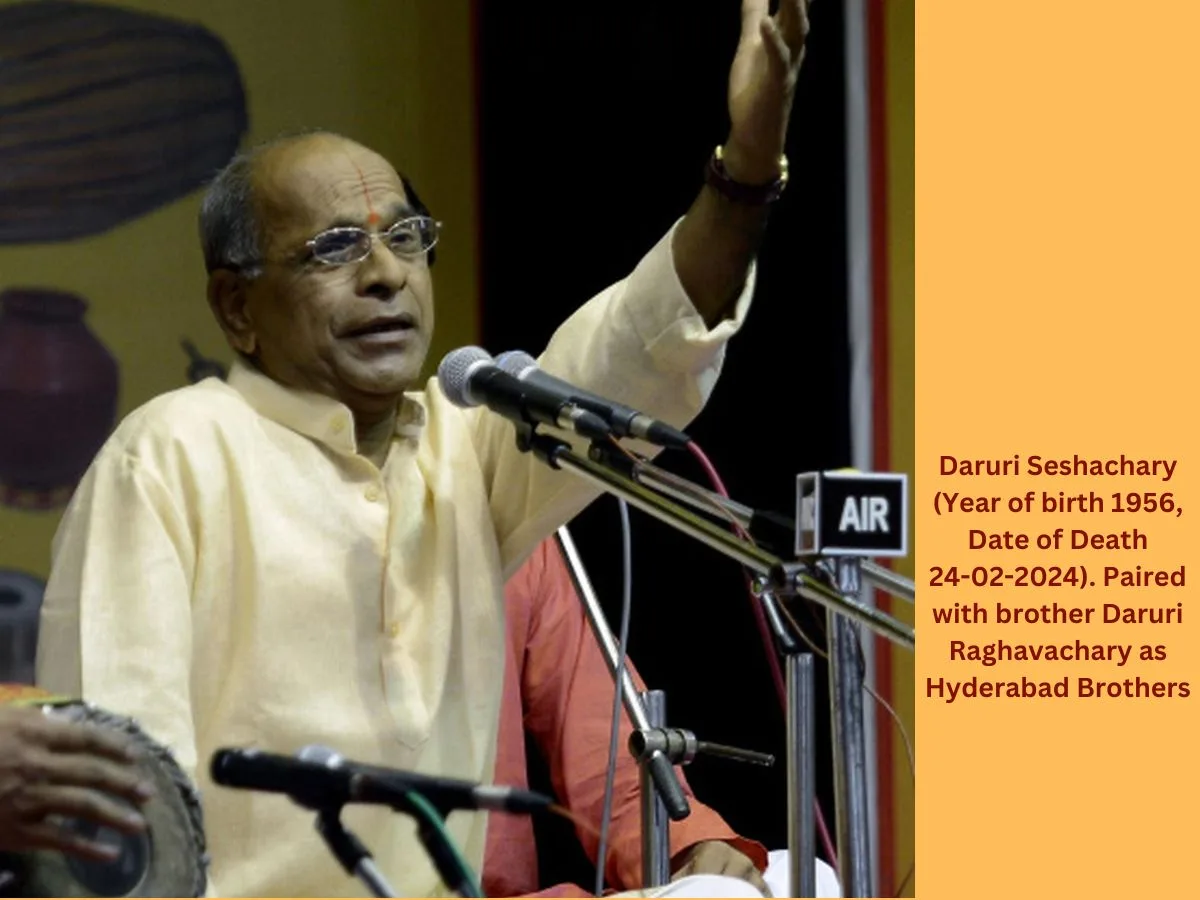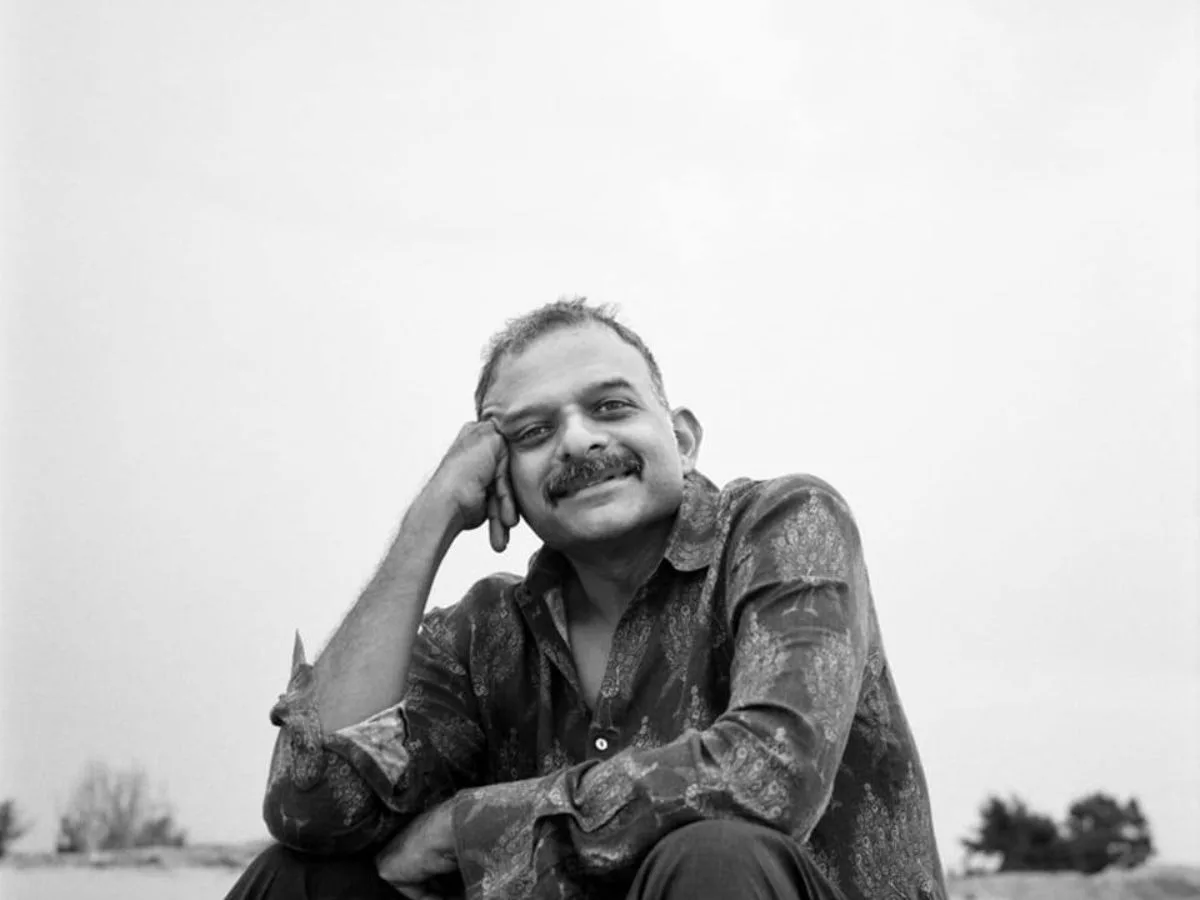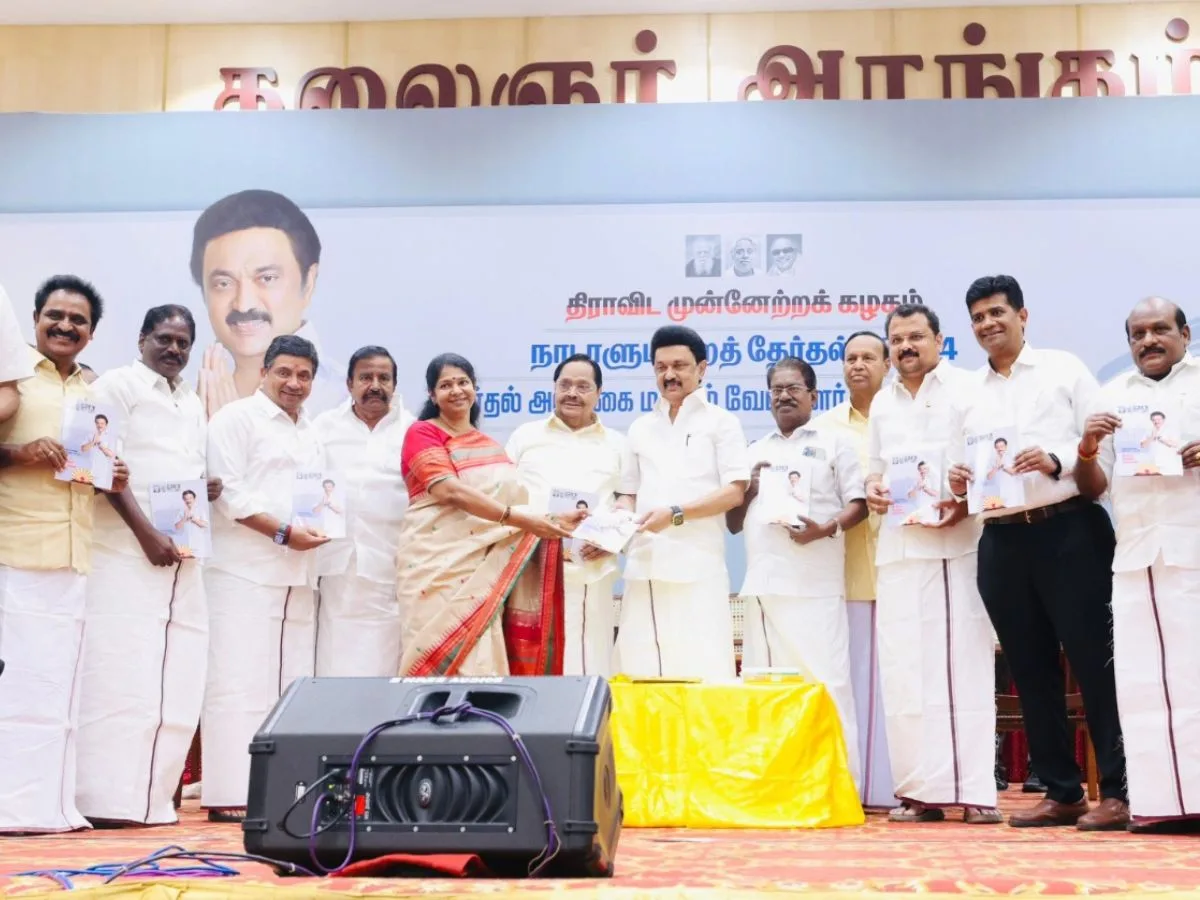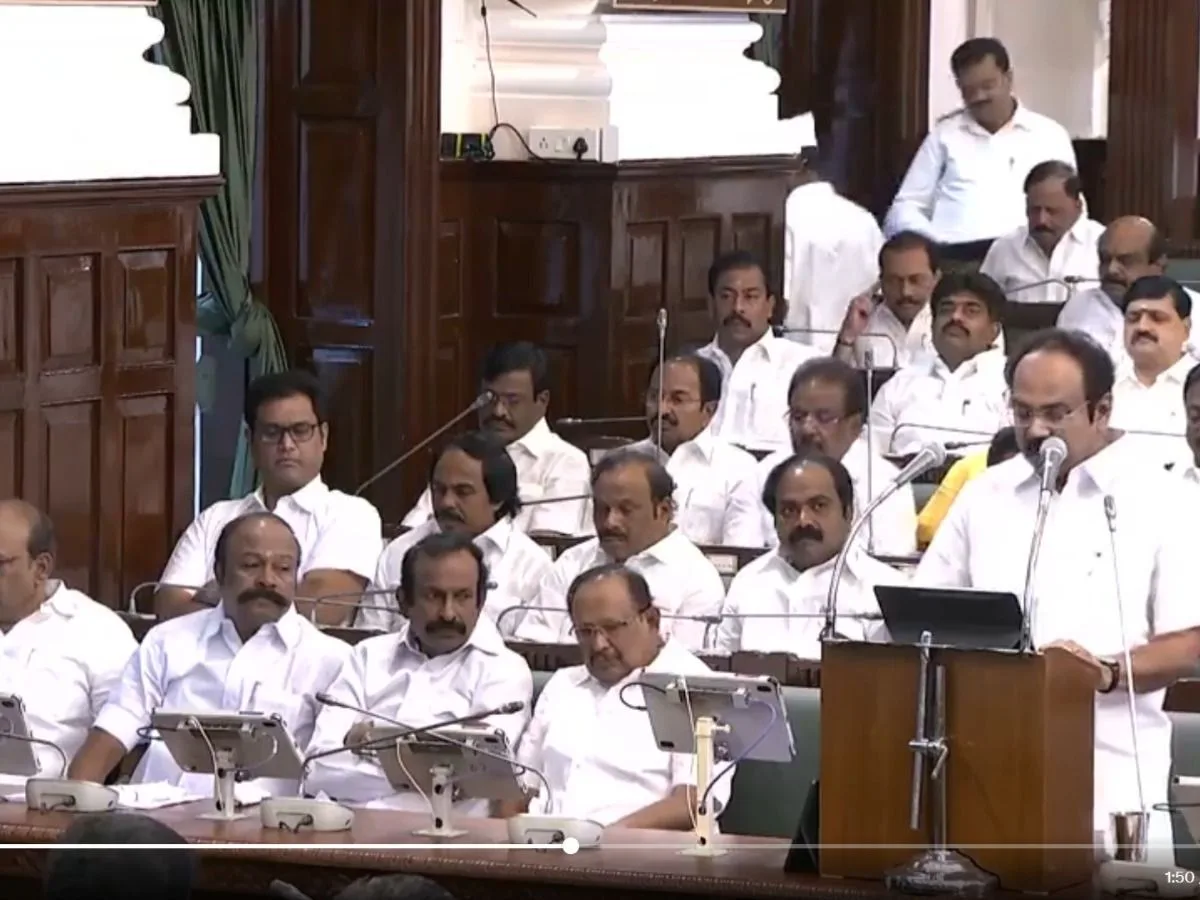Read in : தமிழ்
The Supreme Court judgment in the Perarivalan case has important implications for the relationship between the state and central governments as well as in defining the powers of the state government and how much discretion the Governor has.
On May 22, the Supreme Court used the extraordinary powers vested in it that can used to serve the cause of justice to release Perarivalan who was among those convicted in the Rajiv Gandhi assassination case. In that judgment, the powers of the Governor of a state has been dealt with in detail.
The judgement passed by a three-judge Bench comprising L Nageswara Rao, B R Gavai and A S Bopanna had six elements. It reiterated that as per Article 161 of the Constitution the Governor of a state is bound to act per the advice of the council of ministers of the state government. The second was that the Governor’s delay in implementing the responsibility as per Article 161 was no fault of Perarivalan. Moreover, since the state cabinet had asked for his release, the Governor’s inaction was reviewed by the Supreme Court.
Third was that the Governor sending a state cabinet resolution to the President without any Constitutional backing after a delay of two and half years was against the Indian Constitution. The Supreme Court has several times observed that the word Governor means the state government.
Fourth was that it was wrong to apply the Madhya Pradesh Special Police Establishment vs State of MP to the Perarivalan case. In the former, the state cabinet had sought to protect some of the state ministers and the Governor’s action was contrary to the advice of the state cabinet.
Barring those subjects in which the Governor can exercise discretion such as in referring a Bill passed by the legislature to the President for approval, the Governor is bound to act as per the advice of the chief minister and the state cabinet.
The fifth was another case, Sriharan vs Union of India, where Sriharan, aka Murugan, was among those convicted in the Rajiv Gandhi assassination. That judgment held that according to the Indian Penal Code (IPC), the power to remit or commute the sentence vested only with the Union government. The three-judge bench said that when the Constitution had not prescribed an executive power to the Union government on this, powers of clemency cannot be taken to be vested only with the Union government. Since the IPC comes under the concurrent list of the Constitution, the powers are vested with the state government also, the court ruled.
The sixth aspect was the long term Perarivalan had served in prison, his conduct in jail, his ailments, and the way in which he attained educational qualifications during his term. Citing these, the Supreme Court exercised its extraordinary powers under Article 142 of the Constitution to release Perarivalan, refusing to refer it back to the Governor.
The court ruled that the state government has executive powers, such as the powers to remit or commute any sentencing, in laws that it has the powers to make through its legislature. The Constitution says that the state government has the powers to pass or amend laws relating to the Criminal Procedure Code as well as the Indian Penal Code. Barring those subjects in which the Governor can exercise discretion such as in referring a Bill passed by the legislature to the President for approval, the Governor is bound to act as per the advice of the chief minister and the state cabinet.
We can infer the following from the judgment.
The relationship between the state and central government is governed by principles of federalism, as per the Indian Constitution and the Supreme Court. The powers of the Governor are constrained by the advice of the state chief minister and cabinet. The state government can pass laws or amend laws pertaining to the Indian Penal Code as well as the Criminal Procedure Code.
The Governor had sat on the state legislature resolution recommending the release of Perarivalan and six other convicts in the Rajiv Gandhi assassination case for two and half years and then, upon being asked by the high court, had sent the matter to the President saying only President can decide. This was wrong, the court ruled. The Governor could have only sent the resolution back to the state cabinet for reconsideration, the court has said.
The Supreme Court has implied that the 2018 resolution demanding the release of all six prisoners is not one-sided or unjust. Therefore, the Governor can order the release of the remaining six convicts.
(The writer is a criminal lawyer in Palacode, Dharmapuri district
Read in : தமிழ்
